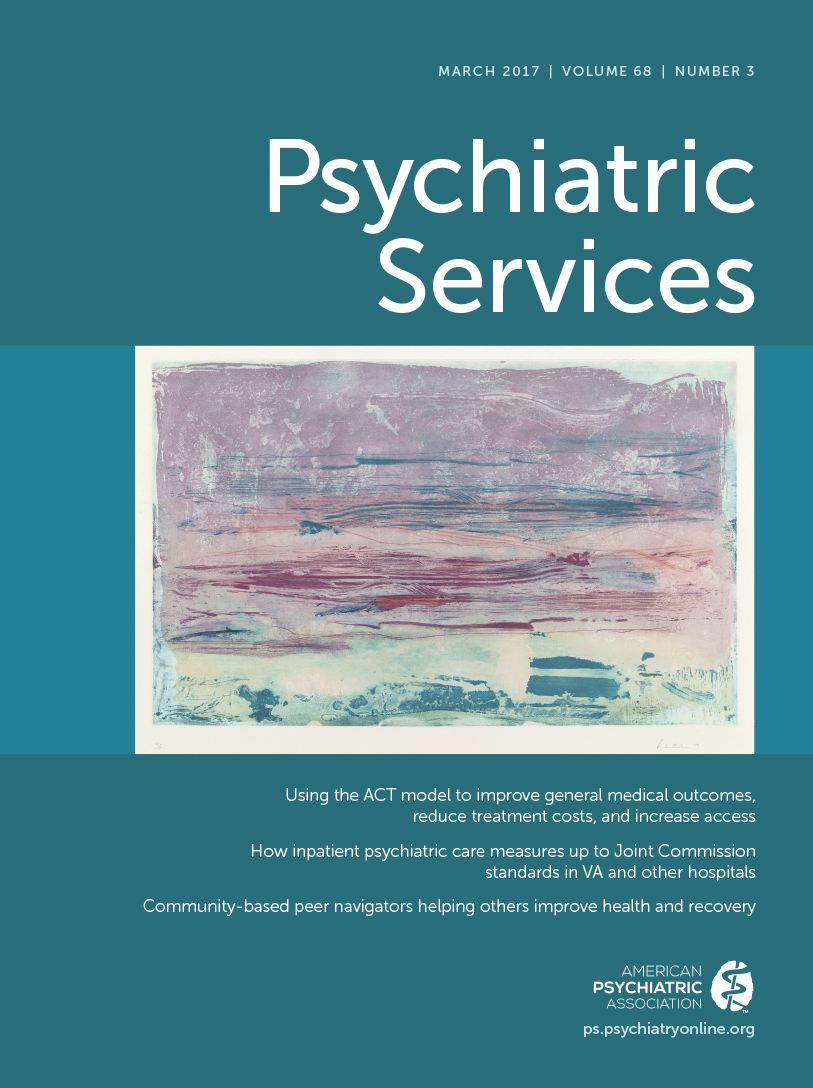Ethics of Coercive Treatment and Misuse of Psychiatry
Abstract
The author discusses a pragmatic approach to decisions about coercive treatment that is based on four principles from principle-based ethics: respect for autonomy, nonmaleficence, beneficence, and justice. This approach can reconcile psychiatry’s perspective with the U.N. Convention on the Rights of Persons With Disabilities. Coercive treatment can be justified only when a patient’s capacity to consent is substantially impaired and severe danger to health or life cannot be prevented by less intrusive means. In this case, withholding treatment can violate the principle of justice. In the case of danger to others, social exclusion and loss of freedom can be seen as harming psychosocial health, which can justify coercive treatment. Considerable efforts are required to support patients’ informed decisions and avoid allowing others to make substitute decisions. Mental disorder alone without impaired capacity does not justify involuntary treatment, which can be considered a misuse of psychiatry. Involuntary detention without treatment can be justified for short periods for assessment and to offer treatment options.



